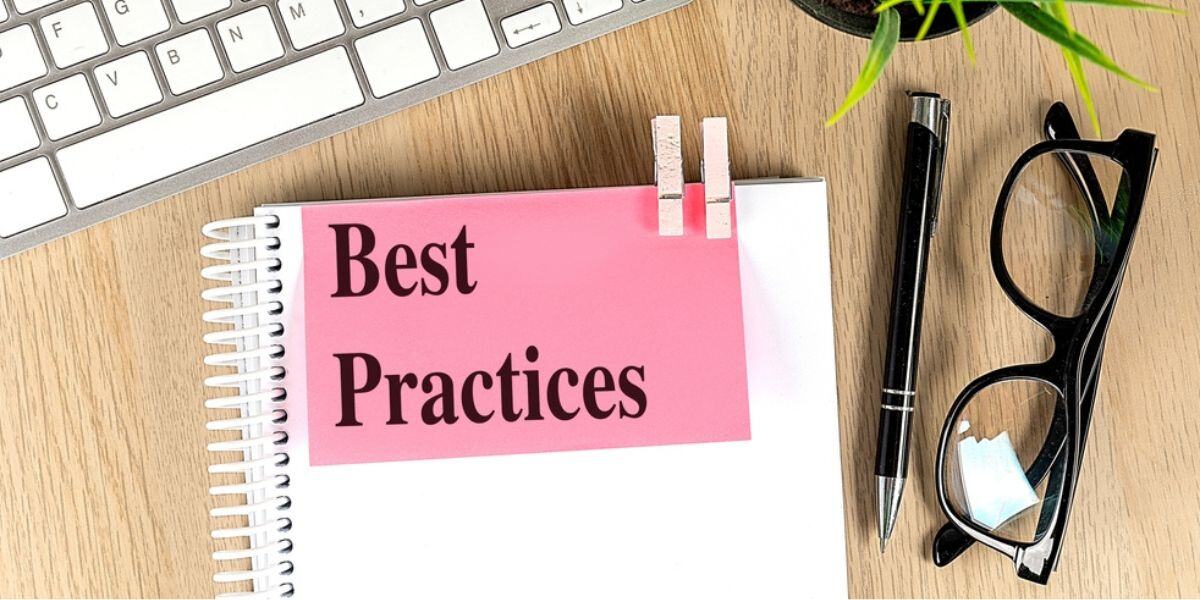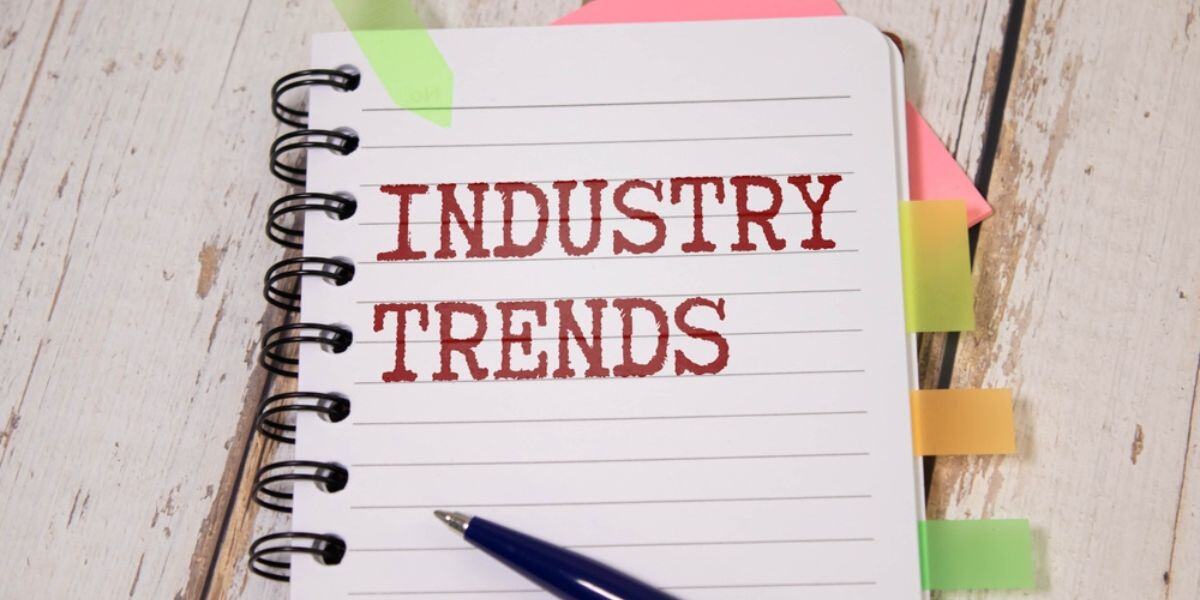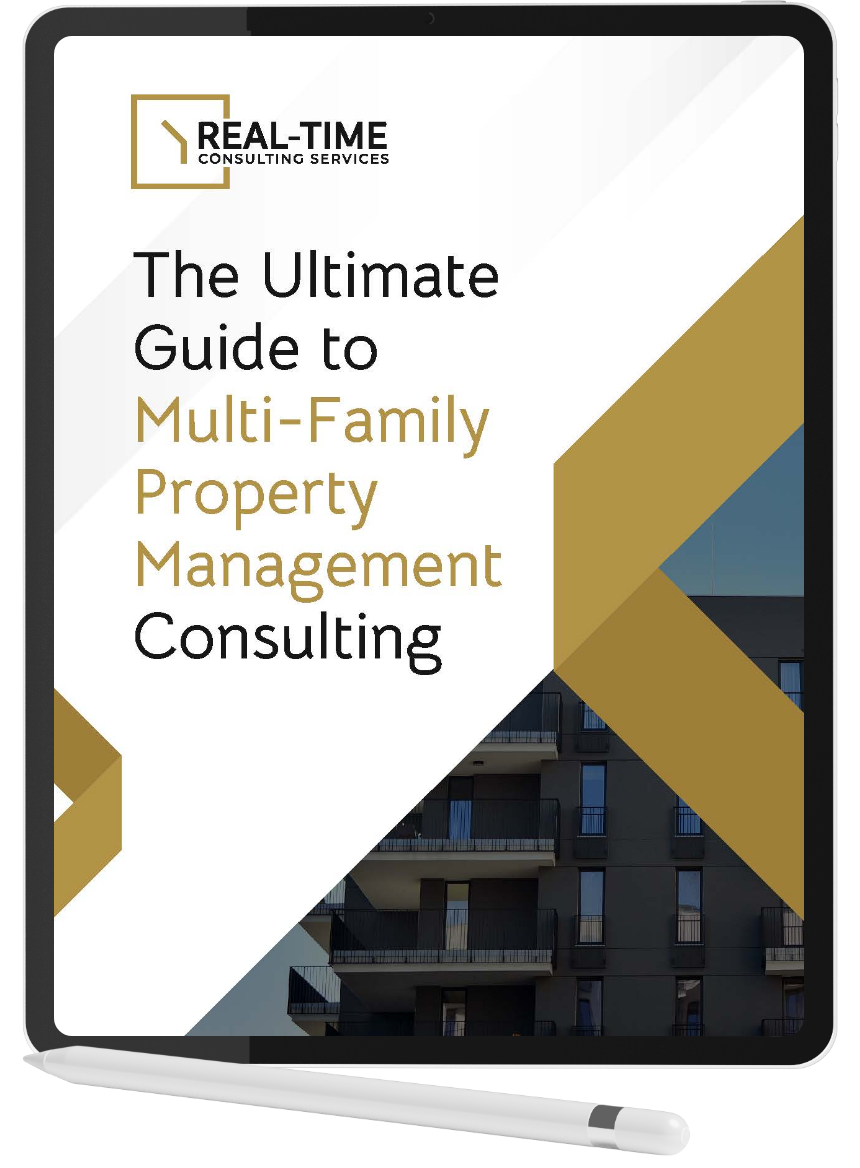Multifamily Property Management Best Practices

Implementing practices to create the foundation for running a smooth and profitable operation is crucial in becoming the most effective manager of multifamily properties.
Here’s a rundown of the most essential areas you should focus on.
Maintenance Excellence
For residents in multifamily properties, maintenance services can differentiate between a good and a great experience. Regular and proactive maintenance can prevent significant issues, increase tenant satisfaction, and preserve the property's value.
Consider setting up a preventative maintenance program to prevent unexpected breakdowns. This approach involves regularly scheduled inspections and maintenance tasks to catch and address issues before they become major headaches.
Also, quickly handling maintenance requests helps to minimize downtime and maintain a high level of productivity. Quick responses help to address issues before they worsen, saving time and resources in the long run. It also boosts the satisfaction of everyone relying on the equipment or the facility and shows that concerns are urgently addressed.
Considering technology to streamline these processes can significantly improve efficiency and accuracy. Technologies like maintenance management software or IoT (Internet of Things) devices can automate task scheduling, track maintenance history, and even predict potential failures before they happen.
Tenant Retention Strategies
Tenant turnover is a significant expense for property managers. Keeping quality tenants is financially beneficial and fosters a stable, harmonious community. In order to make this happen, making personal connections with each of your residents becomes paramount. Understanding their needs and concerns (sometimes before they even do), acknowledging their presence, and offering value-added services can make a big difference.
Effective tenant retention strategies include regular communication, quick responses to maintenance requests, and creating a sense of community. Regular surveys can be used to gauge tenant satisfaction and identify areas for improvement. Additionally, implementing loyalty programs or incentives for lease renewals can further encourage tenants to stay.
Financial Management Tips
Managing your finances well is crucial for any property's proper maintenance, necessary improvements, and profitability. It involves understanding the costs of operating your property, maintaining an accurate budget, and adapting a flexible financial approach that caters to short-term and long-term cash flow needs. Effective financial management goes beyond basic budgeting; it requires strategic planning, regular financial analysis, and proactive adjustments to ensure economic stability and growth.
Legal Compliance
Making sure you're legally compliant is vital in managing multifamily properties. This means someone is always ensuring all federal, state, and local laws and regulations are adhered to regarding rental properties and the relationships between tenants and landlords. Failure to comply can result in significant legal penalties, financial loss, and damage to reputation.
Key areas of legal compliance include fair housing laws, safety regulations, eviction procedures, and lease agreements. Staying informed about these laws and consistently applying them can protect property managers from potential legal issues. Regular staff training sessions on legal obligations and ethical practices are also essential to maintain compliance and promote a respectful, discrimination-free environment.
Property managers should also establish a strong working relationship with a legal professional specializing in real estate law to offer guidance on complex legal matters and ensure all practices align with current regulations.
Communication and Community Building Strategies
Effective communication and community-building strategies are fundamental to creating a positive living environment in multifamily properties. Property managers can enhance tenant satisfaction by creating a sense of community among residents, reducing turnover, and attracting new residents through positive word-of-mouth.
Multiple communication channels should be utilized to reach residents. These include email newsletters, community boards, social media, and resident portal apps. These platforms can be used for regular updates, maintenance notifications, and community events. Transparent and open lines of communication build trust and make residents feel valued and listened to.
Organizing community events, such as meet-and-greets, holiday parties, and health and wellness activities, can build a strong community spirit. These gatherings provide opportunities for residents to connect, form friendships, and broaden the support network within the property.





